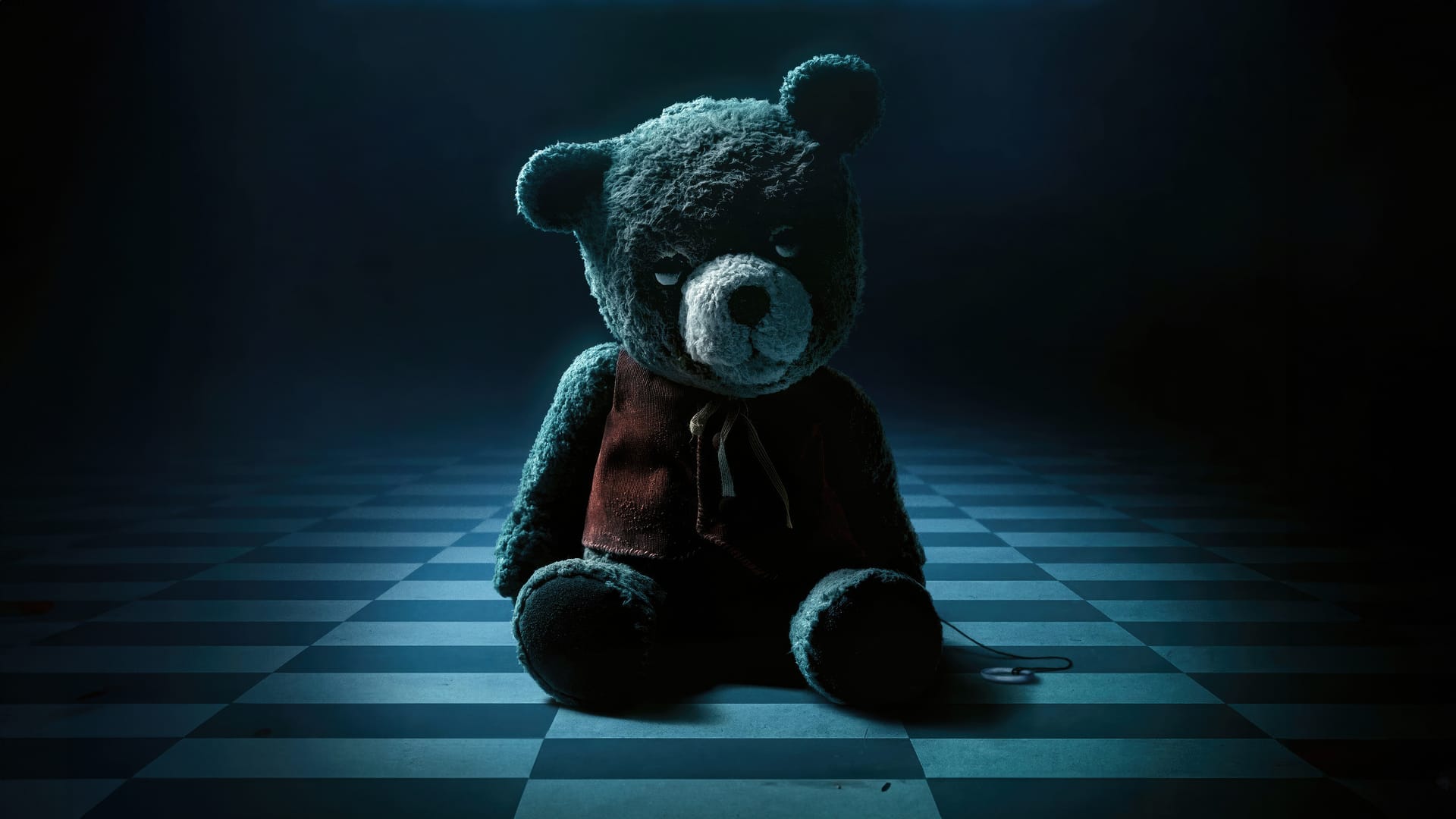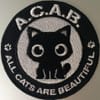What if Teddy Bear was creepy?

What if Teddy Bear Was Creepy!?!?!
An important thing to know is that movies are bad.
If, like me, you spend more time watching, thinking, writing and talking about movies than almost anything else, you end up in one of two places. You either believe movies are good, one of the most beautiful and important art forms to emerge from human culture, or, like me, believe that it's an overwhelmingly commercial and vulgar form that nevertheless and despite itself has been home to a huge amount of creativity, beauty and liberation in the last hundred years.
The former, "movies are good", is the main position of most film critics, I think, which is a reasonable way to make sense of the life choices they've made.
But this can lead down two bad paths. The first is to accept and embrace current standards of Hollywood production: so many movies cant be wrong! So you become someone paid to make sure the Wonka origin story has a 92% rotten tomatoes rating, or a marketing volunteer, shilling the latest slop to your friends, family and social media cohort.
If you're of a more autonomous and intellectual frame of mind, believing movies are good can also turn you incredibly grumpy and cynical, as you're constantly subjected to hours and hours of betrayals to your beautiful and beloved medium.
When you love watching movies, you watch a lot of movies. And even when you try to be discerning, to watch only stuff you have reason to believe you might like, you end up inevitably seeing a lot of trash. This is doubly true if you enjoy a particular genre, or actor, or time period, or film movement, as you inevitably will.
If you embrace that movies are bad, however, you can be pleasurably surprised by the fun or interesting moments in otherwise garbage flicks without trying to pretend the movie is anything other than it is. It gives you more space to accept subjective disagreements, taste, and criticism non-defensively, because at the end of the day, the stakes are low: its just movies!
One problem with accepting that movies are bad is finding yourself going to a matinee screening of Imaginary (2024) because you think it might be part of a tendency in horror movies you want to write and think about, but you forget that still means sitting through the movie.
This is probably an elaborate amount of cope and justification for a joke I like to make. It certainly is a long and roundabout way to avoid talking about Imaginary, which basically sucks shit.
Imaginary is the latest garbage from Blumhouse's resident garbage man, nepo-baby Jeff Wadlow, (Katie Couric's nephew) who takes on all the studio's worst wide-release horror trash. I imagine the scripts he gets given to direct and produce are some kind of tax write off, or have to be made to maintain IP rights or as part of elaborate deals with other producers and funders, because there's no way they just keep making these movies otherwise.
Being bad with names got me into this mess, because I recognized Wadlow's name but not where I knew it from: the abysmal Truth or Dare (2018) and the somehow even worse Fantasy Island (2020).
Imaginary is about a children's book author, Jess, played by DeWanda Wise, who is plagued by terrifying nightmares. She moves back to her childhood home with her new white husband and their two white daughters to try and defeat her writer's block, as well as the nightmares.
On moving in, the youngest step-daughter, Alice, finds a teddy bear in the basement that speaks to her. He's named Chauncey, and they accept that he's Alice's imaginary friend...but it might actually be a demonic force that haunted Jess in her childhood too, memories of which she repressed.
Part of why they are eager to accept Alice's imaginary friend is because Alice had been brutally scarred in an attack by her bio-mother, who is now in a psych ward. And it turns out Jess too bears the scars of self-harm in the face of neglect and parental abuse.
Alice does a scavenger hunt at Chauncey's instruction, and it becomes clear the "game" is preparing a ritual of some kind. As everyone gets more and more antsy and suspicious of Chauncey, the husband leaves for a world tour (yes, hes a touring musician shes a children's book author and they're living in a massive suburban house, which is frankly the most fantastical thing about the movie), and things start to spiral out of control. An intervention from a child psychologist and a kooky local lady who babysat Jess give us the lore of Chauncey Bear, and we discover that Chauncey is basically Freddy Krueger crossed with Ted and a bit of Willy Wonka.
Chauncey is a malicious spirit only visible to children because of their openness to imaginary friends. He creates a magical domain, a world of pure imagination where he traps his victims, built by visions from the imagination of all the children he's ever interacted with. Our final act takes place in this pseudo-M.C. Escher CGI wonderland.
It's a very goofy premise, and while it has a few good jump scares, one or two scary images and a few decent scenes, it's mostly a slog. It's also a perfect example of Deflated Horror (essay coming later this week!). It takes on ideas about grief, childhood trauma and abandonment, just like the films of "Elevated Horror", but it does so in order to relativise neglect and child abuse (the harm her father did was to protect her from Chauncey, actually!)
Because it turns out a world of pure imagination is in fact terrible, full of violence and horror. The monster blinds his victims and drives them mad by showing them every image a child has ever imagined. Wait so, the enemy is ultimately...children's imagination? Yup!
But they also defeat the monster via Jess' professional and professionalized creativity: she uses the techniques of collage and painting we see her using to illustrate her books to free them from the imaginary realm.
Creativity is good, as long as it's focused on a particular purpose and goal: as long as it's useful! As long as it's not idle pure imagination and childish fancy! The movie is a fantasy about the importance of creative industry in taming the wild beast of unfettered and unleashed human expression, particularly in children.
This is pure reactionary drivel, and it is bombing pretty hard, so with any luck we won't be submitted to a longstanding ChaunceyVerse. But in today's franchise and IP happy market, who knows.
One thing I do know is that this movie is bad. And, if they make another one, I'll probably end up seeing it too. Because movies are bad, and I'm an idiot.
